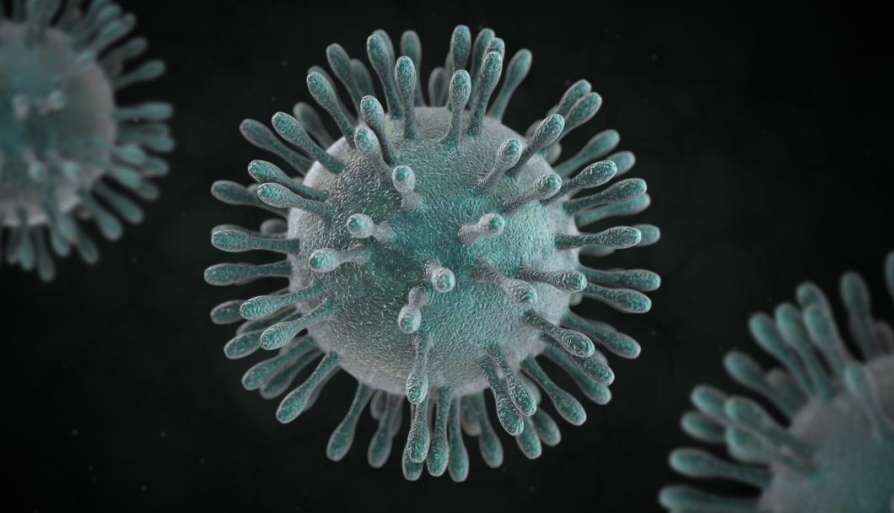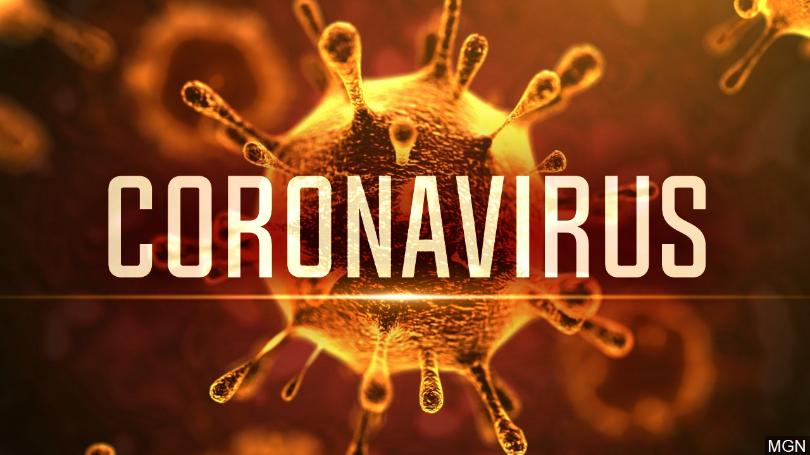
Connected Development (CODE) has provided training for women in Kaduna State on participating and tracking COVID-19 response and peacebuilding initiatives in the state.
CODE’s Senior Programme Manager, Mrs Lucy Abagi explained that the two-day training was funded by the UN Women under its Strengthening State Capacities and Women’s Participation in COVID-19 Response project.
The project according to her seeks to build the capacity of women in the state, to participate in COVID-19 response and broaden their participation in peacebuilding initiatives.
“The project was specifically designed to strengthen the capacity of women and girls to lead advocacies toward developing and monitoring of COVID-19 actions, policies, plans and budget.
“This will enable CODE to document learnings of women-led COVID-19 responses in the state.
“The training will, therefore, build the needed capacity for the women to track COVID 19 actions, policies, plans and budget, including government strategic plan for economic recovery and future health resilience in Kaduna state.
“Using CODE Follow the Money Model, the project will promote women’s participation in the implementation of COVID-19 response strategy and peacebuilding initiatives in Kaduna state,” she said.
She explained that CODE, through its follow the money movement had developed and strengthened the capacity of citizens and government stakeholders to enhance community involvement and influence government policies.
Also speaking, the NGO’s Communications Associate, Ms Adaora Okoye, said that Kaduna State had activated COVID-19 Emergency Operation Centre (EOC) to coordinate all COVID-19 response.
Okoye said that the EOC developed an Incident Action Plan with nine strategic pillars, namely coordination, surveillance, epidemiology, case management, infection prevention and control.
“Others include risk communication, logistics and supplies, laboratory, point of entry and research.
“Being among the most vulnerable section of the population, women need to be actively involved in all these actions and plans,” she said.
On her part, Hajiya Hafsat Baba, Commissioner for Human Services and Social Development, thanked CODE and the UN Women for building the capacity of women to actively participate in governance.
Baba, who was represented by her Special Assistant, Mr Haruna Alifa, women participation in COVID-19 response would significantly improve the quality of government response.
She said that creating an opportunity for women to share experiences and views on COVID-19 would help in defining the roles women would play if given the opportunity to participate.
Meanwhile, the trained women have developed checklists for monitoring government COVID-19 response, actions, and policies in Kaduna State.
The checklists were developed at the end of a two-day training for the women and girls on COVID-19 response and peacebuilding process in Kaduna State.
The checklists covered Kaduna State COVID-19 responses like lockdown actions and policies, non-economical actions taken by key ministries, departments and agencies, and economic actions and interventions.
One of the participants, Mrs Martha Banki, averted that women were the most affected by the pandemic, stressing that more attention should be directed to women and should participate in the response.
Banki expressed optimism that tracking the state response to the pandemic would make women’s plight more visible and guide the government’s COVID-19 interventions to address women’s needs.
Another participant, Ms Jelilat Abidoye of Generation for Peace Nigeria also opined that tracking the state response would generate the needed data to show how the interventions were implemented.
“This crucial to show the level of women participation in the response and how sensitive they were to women’s needs,” she added.

